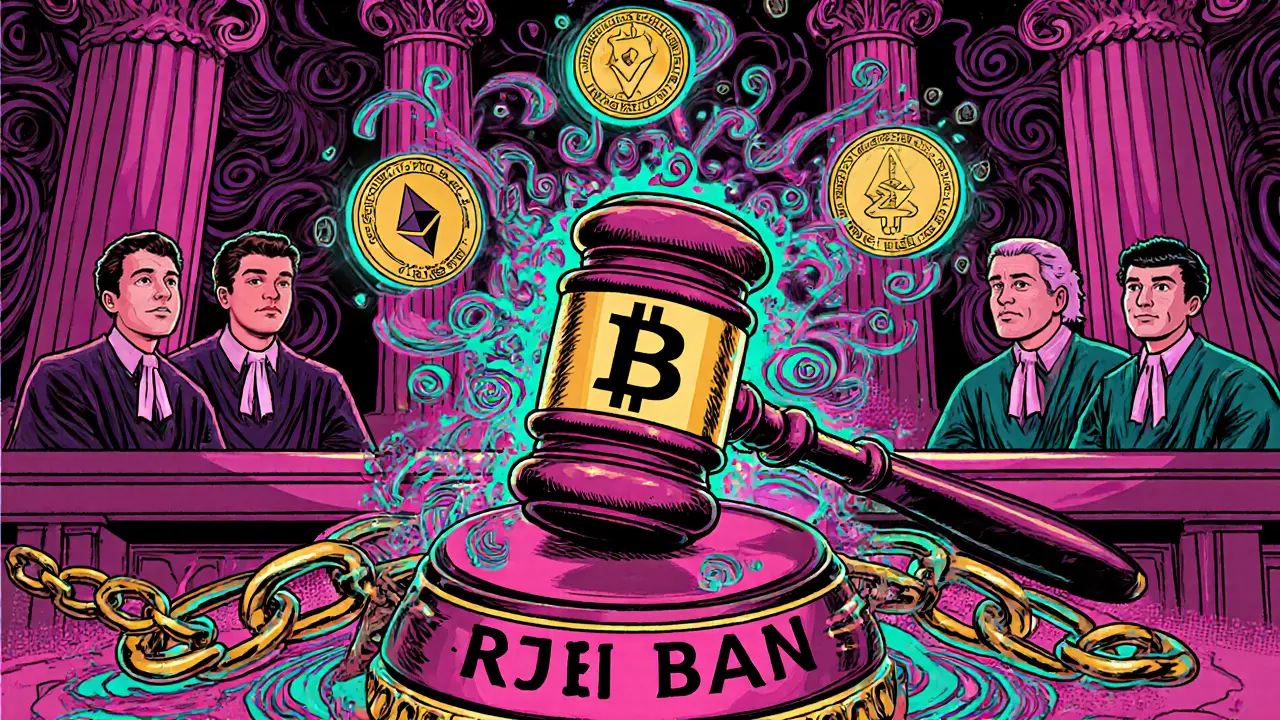RBI Crypto Ban Overturned: What It Means for India and Global Crypto Regulation
When the RBI crypto ban, a 2018 directive from India’s central bank that blocked banks from serving crypto businesses. Also known as the Reserve Bank of India cryptocurrency restriction, it was meant to protect users from volatility and fraud. But in March 2020, India’s Supreme Court ruled it was disproportionate and unconstitutional—ending the ban and forcing the RBI to rethink its stance. This wasn’t just a win for crypto traders. It was a turning point for how governments see digital assets—not as threats, but as financial tools that need smart rules, not outright bans.
The RBI crypto ban overturned, a landmark legal decision that cleared the way for crypto exchanges to operate legally in India. Also known as the Supreme Court crypto ruling, it didn’t make Bitcoin legal tender, but it removed the banking blockade that had choked the industry. Since then, Indian crypto platforms have grown, but the government hasn’t stepped in with clear laws—just heavy taxes and vague warnings. That’s why you still see headlines about non-custodial wallet ban proposals, efforts to restrict self-custody tools like Ledger and Trezor under the guise of tax compliance. Also known as crypto wallet restrictions India, these aren’t bans, but they make it harder to use crypto without handing control to regulated exchanges.
Meanwhile, other countries are moving faster. The EU passed MiCA to regulate crypto firms with licensing, transparency, and AML rules. Qatar still bans Bitcoin but allows tokenized real estate. The U.S. uses OFAC sanctions to freeze wallets tied to fraud. India’s position? Caught between fear and opportunity. The RBI no longer blocks banks from crypto firms, but it hasn’t embraced crypto either. Taxes are high, reporting is messy, and regulators still treat crypto like a risky gamble—not a new asset class.
What you’ll find below are real, up-to-date guides that cut through the noise. From how India’s crypto tax rules actually work, to why some exchanges are unsafe for Indian users, to what happens when a token like EKTA or VATAN claims to be the next big thing—these posts give you the facts, not the hype. You’ll learn what’s legal, what’s risky, and what’s just dead code pretending to be an investment. No fluff. No guessing. Just what you need to know to protect your money in a world where regulation still hasn’t caught up with technology.
Supreme Court Crypto Ruling in India: What the Landmark Decision Means for Traders
The Supreme Court's 2020 ruling lifted India's crypto banking ban, making trading legal. But high taxes and no clear rules leave traders in limbo. Here's what you need to know.
